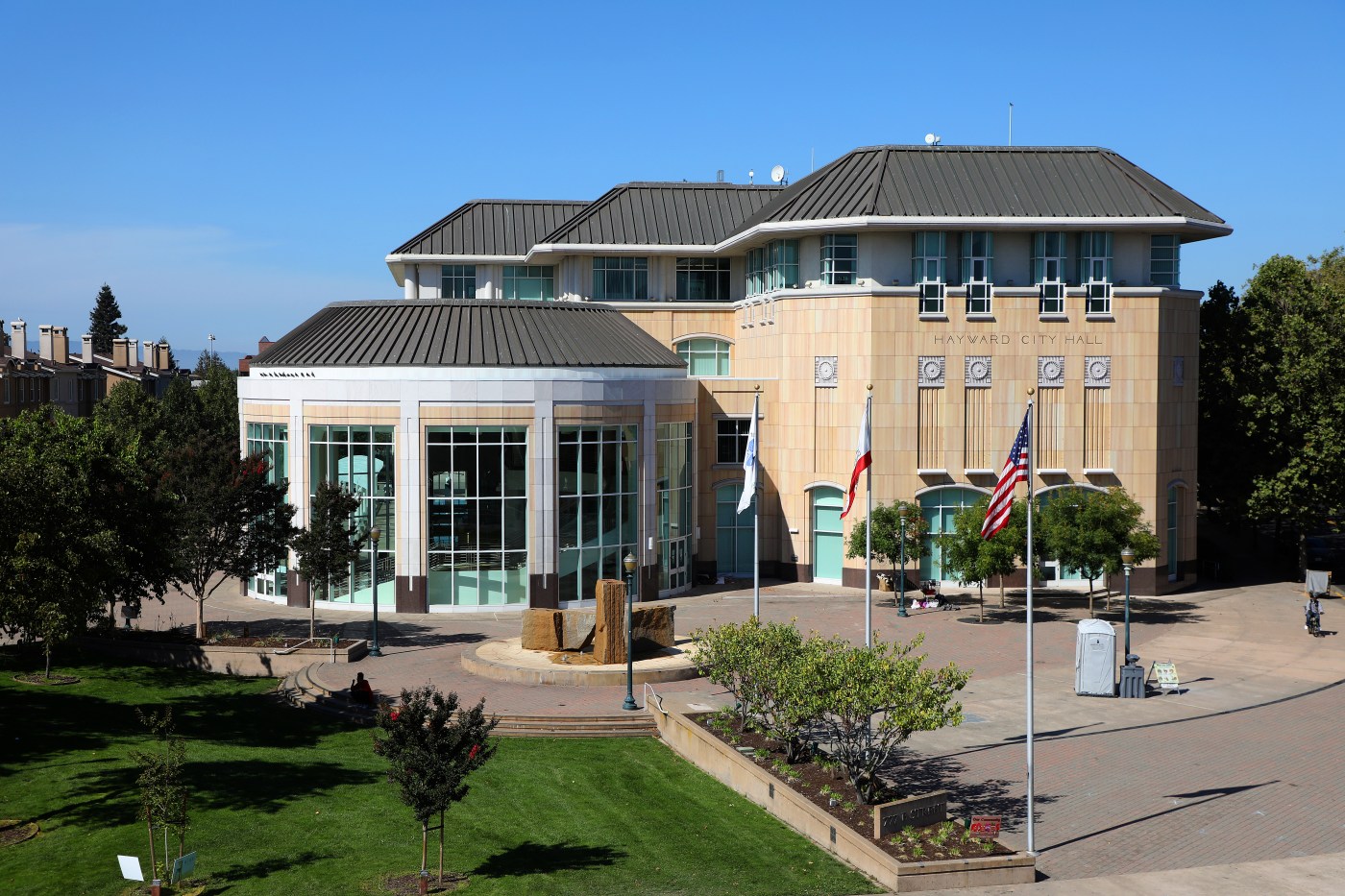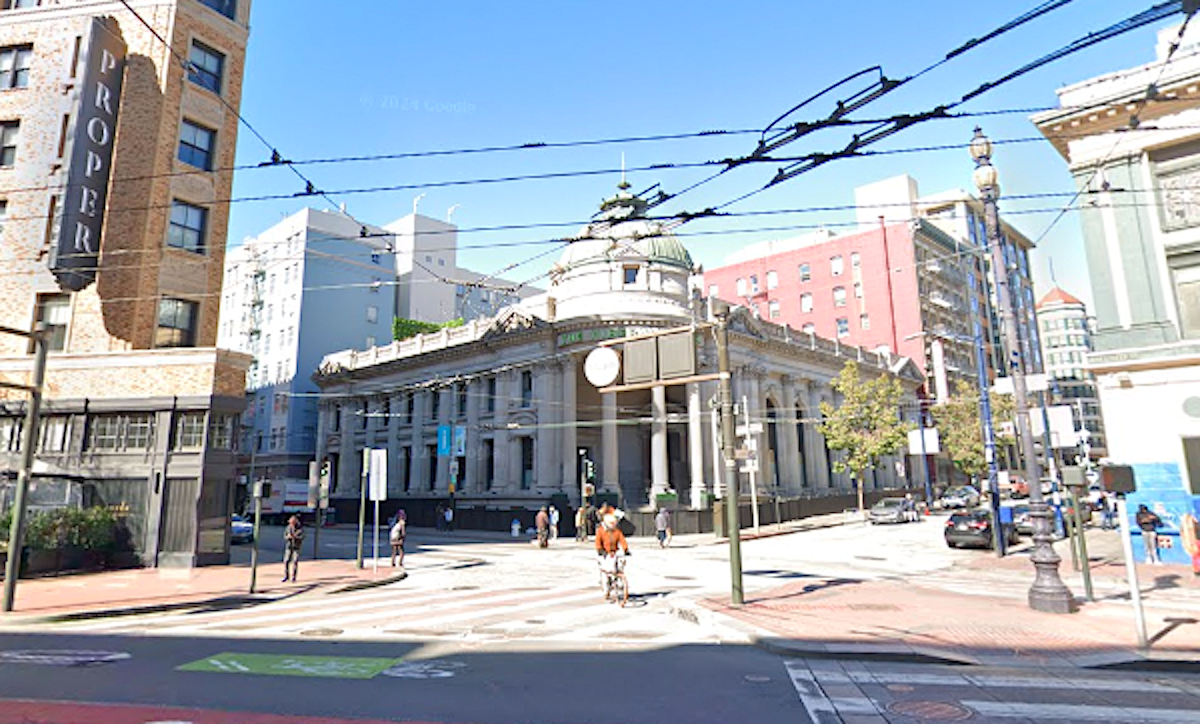The city of Hayward has announced it will freeze hiring for vacant positions as city officials — including an interim finance director and city manager — grapple with a structural budget deficit that drained $31 million from the city’s reserve this past year and nearly emptied its coffers.
The city has formed a “budget war room” to revise the fiscal year 2026 budget and avoid the overestimated revenues, underestimated expenses, overhiring and purchase of a downtown movie theater that led to the city’s current economic woes.
Related Articles
PBS, NPR stations struggle with Trump-fueled government funding cuts
UCLA’s White House talks snarled in Gov. Newsom’s fight with Trump
San Mateo County claims State of California owes it and its 20 cities $38 million after ‘raid’
BART plans $930 million muni bond sale as budget deficits loom
Pleasanton explores new tax option less than a year after sales tax measure failed
“It was a perfect storm. We added positions to respond to needs, we negotiated new labor standards, and there was also the expenditure to purchase the theater, and, frankly, we have some internal overtime spending controls that need to be tightened up,” said Chuck Finnie, communications and marketing officer for the city of Hayward. “We cannot afford to operate as we have been in the last 18 months.”
When Hayward adopted its 2026 budget in June, city leaders already knew it would need to be revised, Hayward Mayor Mark Salinas said. The approved budget anticipated using $8.6 million in reserves from the general fund, which had been depleted the previous year. Finnie said Interim City Manager Jayanti Addleman pulled together the budget war room to identify and address the causes of the structural deficit.
“Starting in January of this year — which was six months halfway through the 2025 fiscal year — we had a new city manager and a departed finance director,” Finnie said. “We weren’t going to have the money, and so we needed to get a firm grasp on what the causes were of the over-budget spending in the last year.”
The first of these missteps, the working group determined, came during the rush of hiring during the pandemic as the city added the “equivalent of 33 employees” to its expenditures. These costs were exacerbated by unbudgeted overtime expenses and the new labor contracts for the city’s firefighters, police and other city workers, Finnie said.
Hayward’s finance department also overestimated revenue for the city, which mostly comes through property taxes, a property transfer tax, and a 5.5% tax on utilities. For the 2025 fiscal year, Hayward’s revenue is estimated to fall $5 million to $12 million below expectations, although the real number will not be known until September, Finnie said.
“We started to understand that our entire general fund operating reserve had essentially been exhausted by the end of the fiscal year that ended on June 30,” Finnie said. “That wasn’t going to work, because we weren’t going to have the money.”
The city also spent $8.9 million to purchase a Cinemark movie theater located on B Street at Foothill Boulevard. In total, the city spent $248 million in the 2025 fiscal year – more than $21 million over the budgeted expenditures for the year. Salinas said the movie theater purchase was to bolster the business community downtown, but when asked if he would make the decision again, the mayor was curt.
“Well, I’m not going to invest in another movie theater,” Salinas told Bay Area News Group. “We need to be prudent and keep watching what we spend money on.”
The hiring freeze is the first step in curtailing spending, as employee salaries are the largest expenditure for cities, Finnie said. He said the focus of city leaders in the coming months will be to preserve city services without firing any employees while charting a path to replenish the city’s reserves.
But balancing Hayward’s books will not be accomplished in the coming year. More than likely, city leaders like Addleman and Finnie are looking at a multi-year effort to bring the city back to good financial standing.
“It’s imperative we find ways to save, bring spending back into balance with revenue and state to rebuild our reserves,” interim city manager and director of library services Jayanti Addleman said in a city press release. “We didn’t get into this position overnight, but we must act now to protect service to the Hayward community and the jobs of those who are providing these services.”
While budget deficits among Bay Area municipal governments are not unique — Oakland, San Jose, and Fremont have each grappled with large deficits since the pandemic — Hayward may become a “case study” for other localities about how quickly a city’s reserves can be depleted, Finnie said.
“Our expectation is that we’re going to be able to address our fiscal needs in the current budget year without layoffs,” Finnie said. “Where it will become an issue is when we have other needs that come up, or other policy decisions that are coming up.”





